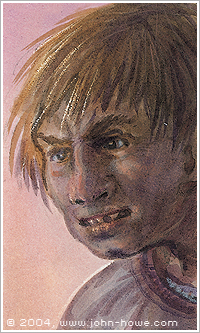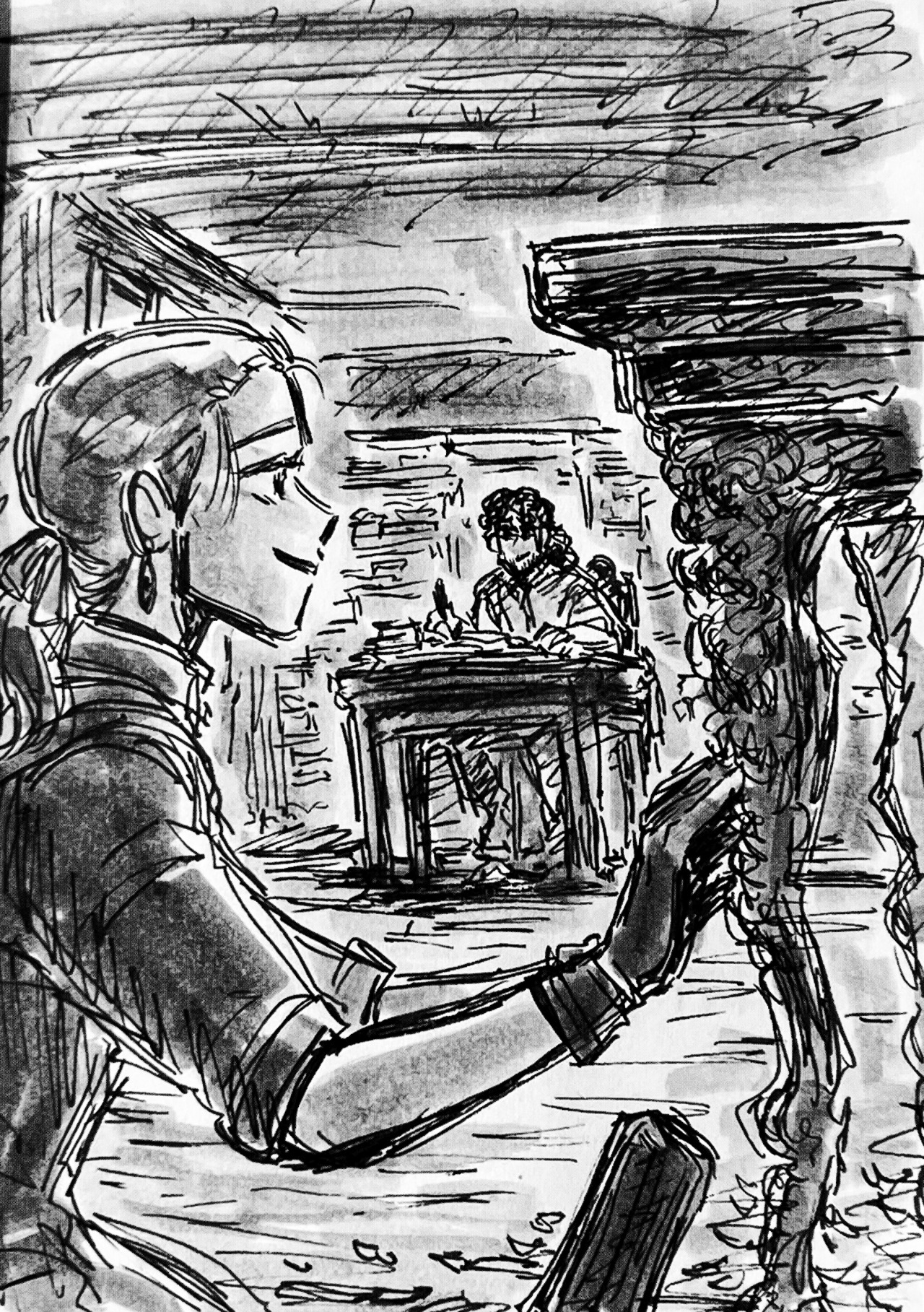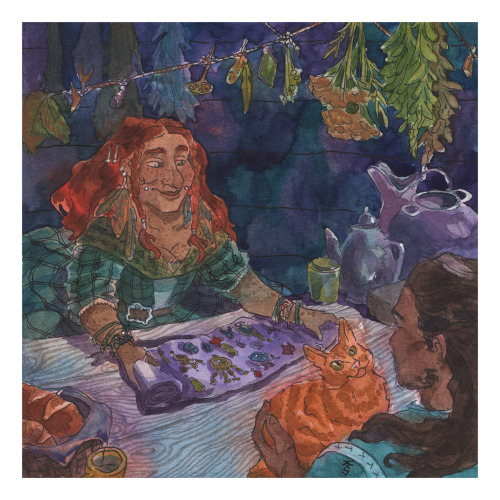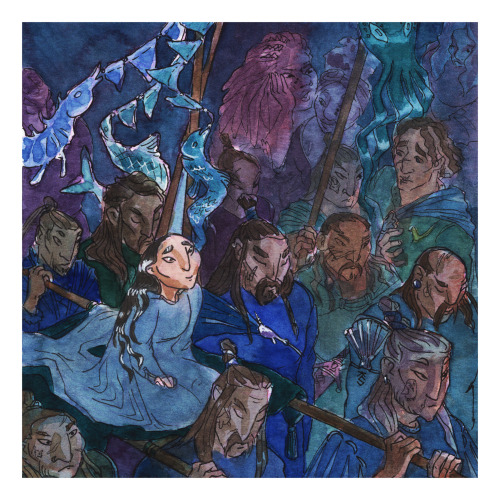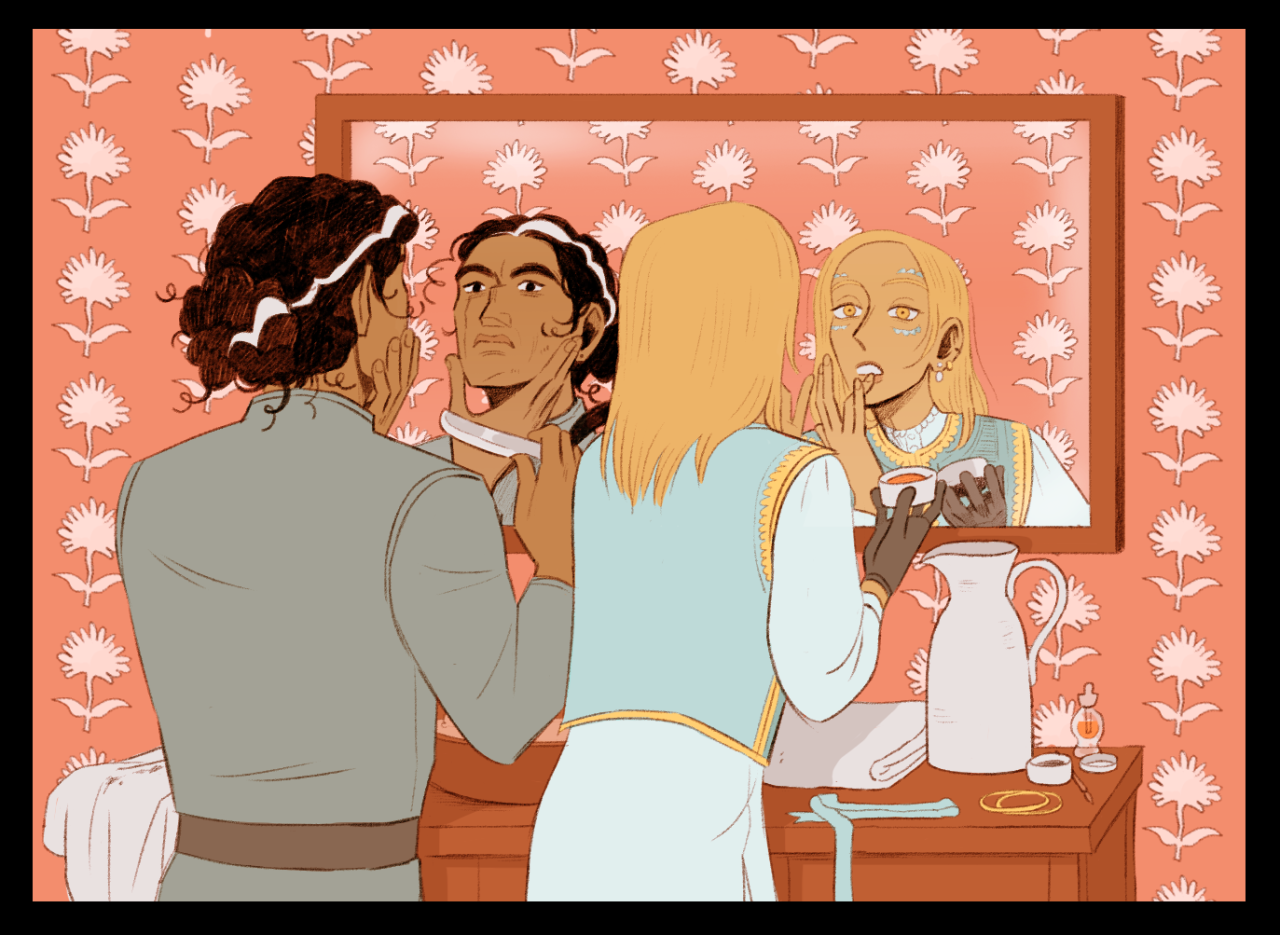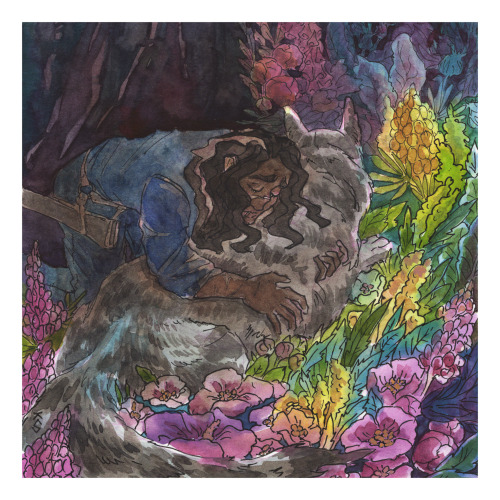Read the previous entry in the series here.
Read the next entry in the series here.
The following chapter, “Echoes,” opens with an in-milieu commentary about the end of the Red Ships War. It turns then to Fitz returning to the chamber he has as Tom Badgerlock, assessing the room sadly before arming himself and tending to his servant-duties. Among them, he begins to resume weapons training, using it as one opportunity to reaffirm his identity as Badgerlock, in the hopes of dissuading those who might recognize him as Fitz.

Image here, used for commentary.
After his training session, Fitz-as-Badgerlock finds his way to the steam rooms used by guards to bathe, and he washes himself before some of the local guards enter. As he makes to leave, he is harangued by a young guardsman; after an exchange of words, the young guard swings at Badgerlock, swiftly losing the ensuing fight. After a time spent in conversation with the other guards, including one Fitz recognizes from his youth but who does not seem to recognize him in turn, Fitz makes his exit and prepares to go out riding with Lord Golden and Prince Dutiful. Laurel meets him at the stables, asking after Golden and Dutiful; Badgerlock offers little detail before having to wait for the others, who arrive accompanied by Civil Bresinga and others.
At length, they ride out together, and, when they are at some distance from Buckkeep, Dutiful turns to Badgerlock and asks after his lessons sharply; Badgerlock responds with somewhat mocking courtesy, and Dutiful rides off. Badgerlock pursues, and they apologize each to the other before awkwardly arriving at accord, largely over discussing Verity. Golden joins the conversation, aiding it, and they learn more of the Piebalds’ machinations through the Bresinga family. Talk turns to the Narcheska, as well, and the conversation reveals some of Dutiful’s own blindnesses–not surprising in a boy of fourteen–and the bias of the Six Duchies’ information on the Outislands. They arrange for Dutiful to have a Skill lesson the following morning, and they make their way back to Buckkeep. Once there, Lord Golden contrives to be “injured,” allowing Badgerlock an opportunity to be present in the halls of power for a ceremony that evening.
Such passages as the in-milieu commentary that opens the chapter are among the many things the prompt a reading of the Six Duchies as another iteration of the generic northern / western European medievalist mishmash setting common to Tolkienian-tradition fantasy literature; ringing of the Arthurian Avalon and the Tolkienian Ar-Pharazôn–a king in black and gold waiting for a final battle–the description of Verity’s quest to the Elderlings is very much in line with mainstream Anglophone fantasy literature, and the inaccuracies in presentation smack of the agglutinative legend-formation that associates itself with some of what might be anachronistically termed long-running narrative franchises. Not for nothing did I go into a conference presentation with ideas about the ways in which Hobb recapitulates and nuances the tropes she inherits from earlier authors, to whom she acknowledges a debt. Nor yet is it the case that the presence of one set of tropes precludes another; as I said to students when I had them, one of the marks of good art is that it sustains multiple discourses, and Hobb’s Realm of the Elderlings does that.
